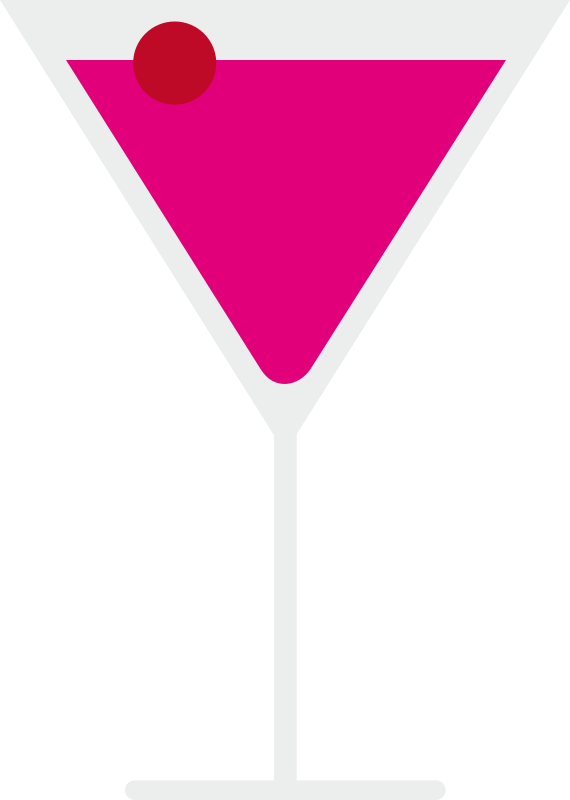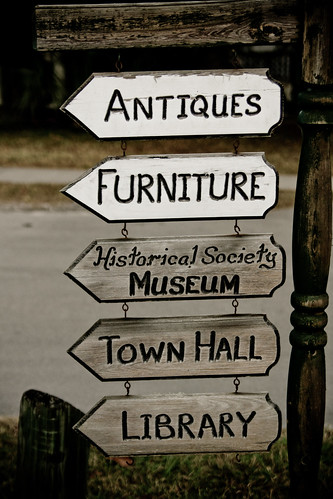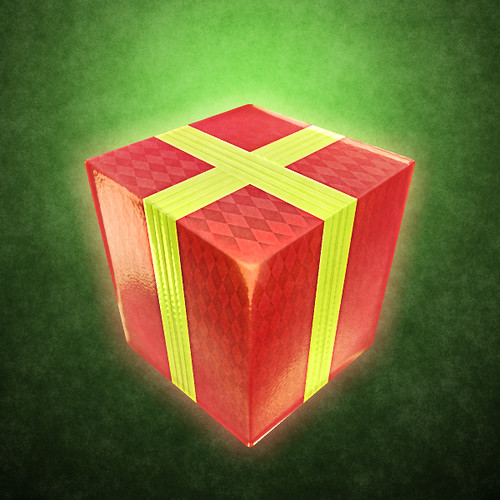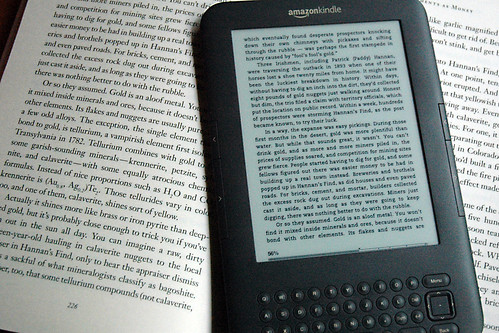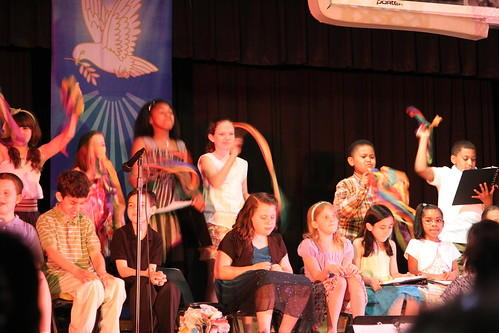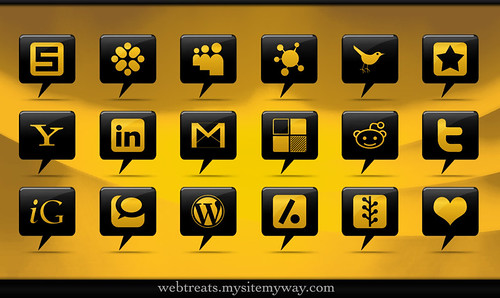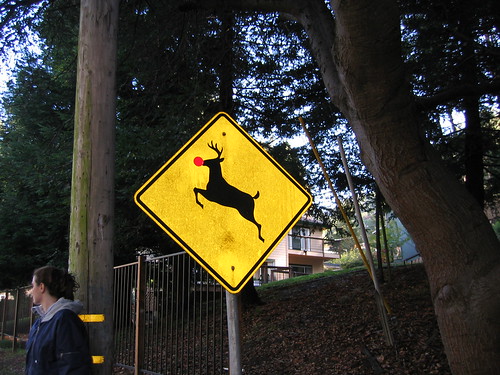The Best Christmas Pageant Ever is one of my favorite Christmas stories. I've read the book many, many times. But I balked at featuring this story as a Book on Film...because every adaptation I've seen has been worse than the one before.
The Book
Barbara Robinson wrote a completely iconic holiday tale when she penned The Best Christmas Pageant Ever. It has all the right themes, a compelling cast of characters and so much humor it's impossible not to laugh the whole way through.
The story is told through the eyes of someone who isn't exactly a featured player, which is one of the things I find most compelling. You see,
The Best Christmas Pageant Ever is actually about the Herdman kids, but we're hearing about this from someone else who is only observing them. That makes me feel more like I'm there, watching it all unfold. It's just the first thing I love about this book.
The Herdman kids, by the way, are the worst kids in the world. Imogene, Claude, Ralph, Leroy and Ollie are all terrible. Buy little Gladys, the youngest? She's the absolute worst. They're a pack of thieves, and liars, and bullies and just all-around wretched people. Even their cat is evil, a mangy creature so terrible it terrorizes the mailman.
One day the narrator's little brother makes the mistake of telling the Herdman kids that the church offers snacks, so of course they show up and end up being present for the meeting about the Christmas pageant. The church puts it on every year, and every year children from the congregation play every part.
One church member, usually one of the mothers, is in charge of the production. This year, it's our narrator's mother. Producing the Christmas pageant is a huge responsibility. And for those of you who don't know, a Christmas pageant basically tells the story of the birth of Jesus Christ as told in the Bible. Traditionally, this means you'll see shepherds keeping watch in their fields and noticing a star. You'll see weary Mary and Joseph being turned away at the inn and banished into the stables. You'll see the three wise men arrive with their gifts, and you'll be listening to a choir sing the whole time (the heavenly host). So you can see how important all of this would be, seeing as how the Christmas pageant occurs in front of a group of church-going folk on Christmas Eve.
That's why it's a huge problem when the Herdmans bully their way into the production, and get all the main roles. Right away it becomes obvious that this is going to be the worst Christmas pageant ever. The Herdmans have never before heard the story of Jesus's birth, and they become fascinated. The religious aspect of this book is not at all oft-putting. In fact, the Herdmans ask some pretty intelligent questions about the Biblical story -- stuff that's funny but also thought-provoking.
The Herdmans do change the Christmas pageant, invariably, but instead of making it the worst the production actually becomes the very best. It's a sweet story, and really funny, and it's perfect for the holidays. The Best Christmas Pageant Ever is a short read, so you really don't have an excuse not to dive in.
Unless you're afraid you'll want to watch the adaptation afterwards.
The Movie
It's one of my favorite books, but
The Best Christmas Pageant Ever has been freely adapted on stage and I've rarely enjoyed it. I certainly didn't like the
TV movie made in 1983. Loretta Swit plays Grace Bradley, who has been put in charge of the church's pageant. Some of the kids are rotated around, to look like more kids, but the story does follow the book pretty faithfully. Some of the dialogue is cut back and the narrator does not seem to be present at all, but this movie exists.
That's about all I can say for it. The
adaptation really isn't a memorable one, and the story is much more often seen as a theatrical production. I'm waiting for someone to make a great adaptation of this book. If someone ever does, I'm convinced it will become a holiday classic.








